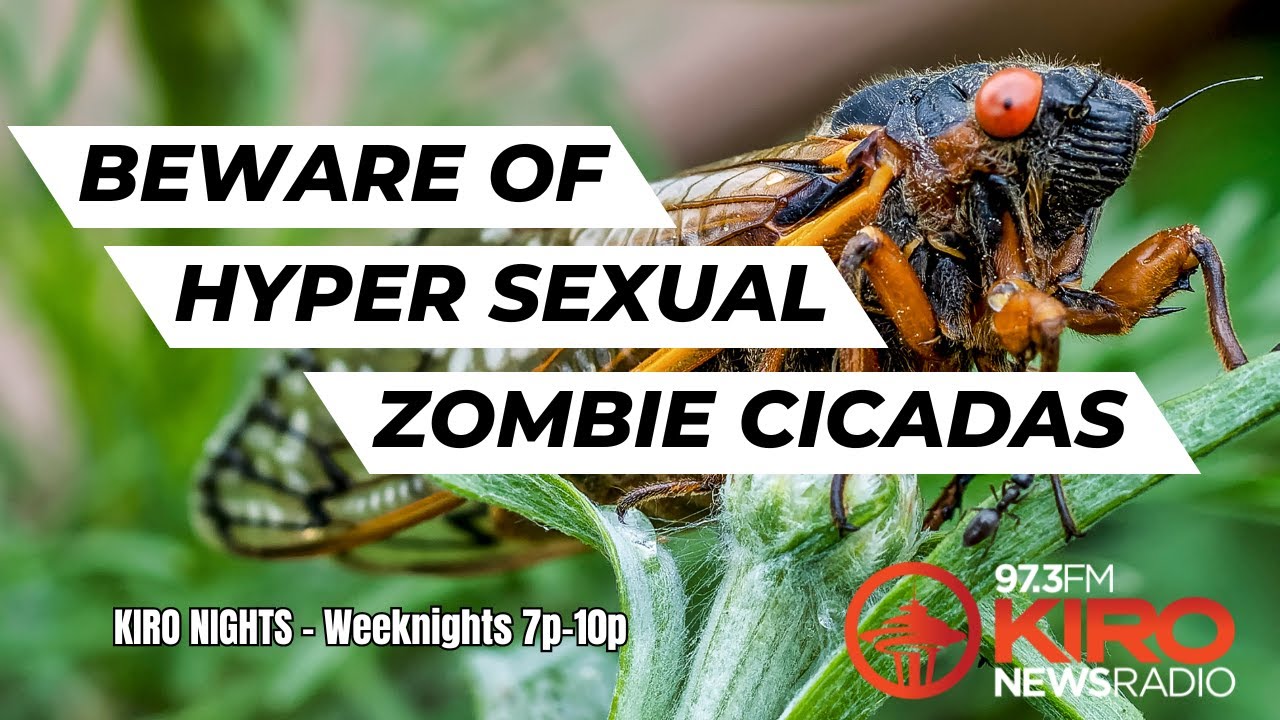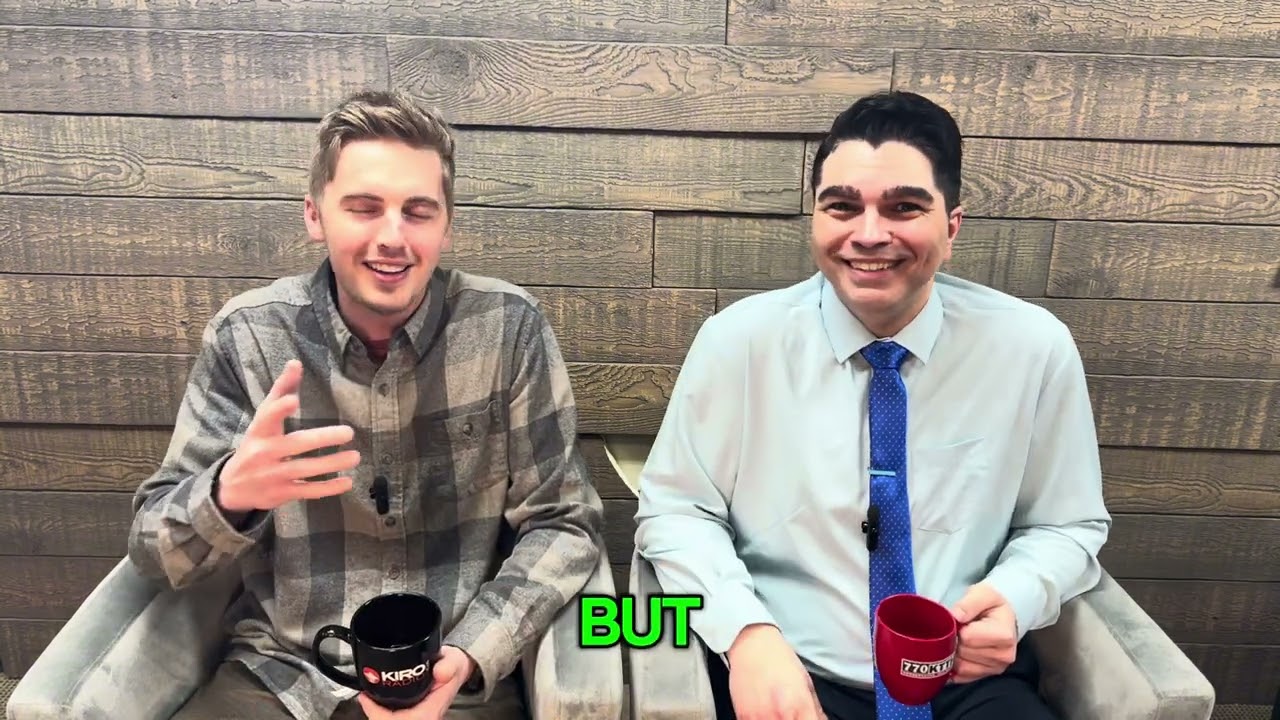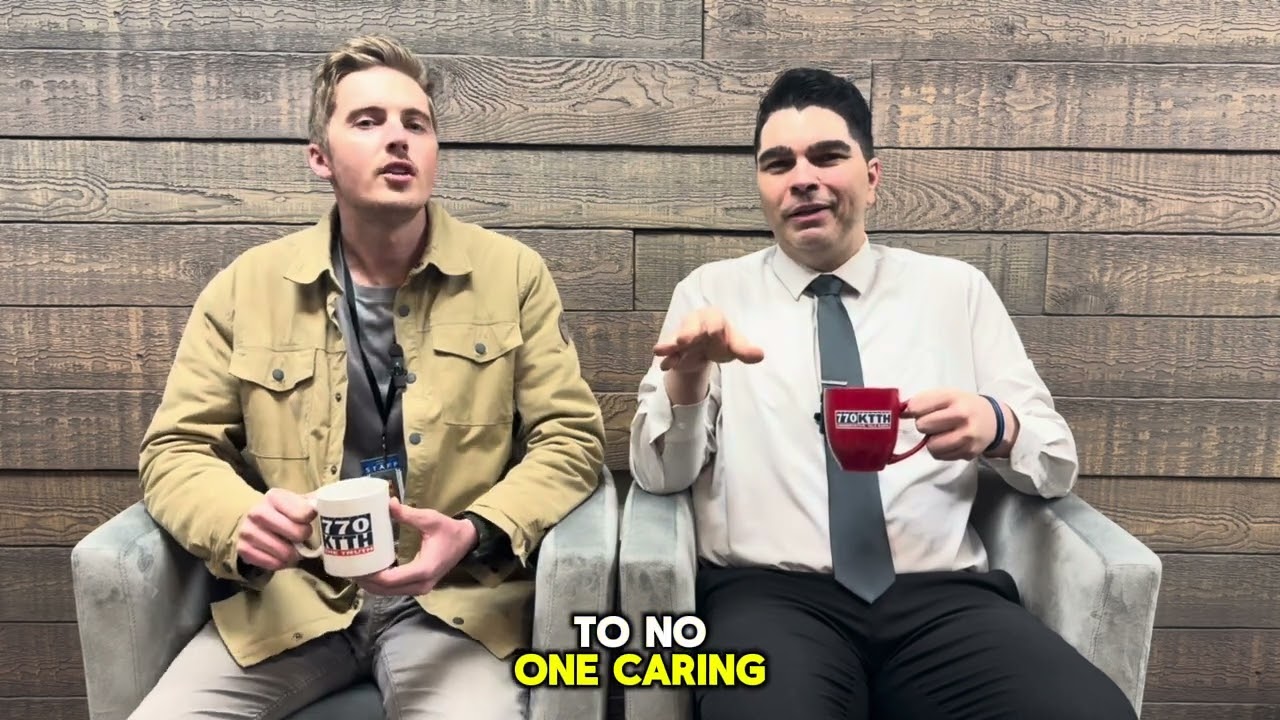UW psychology prof shares mental health tips to make it through COVID winter
Dec 14, 2020, 8:30 AM

Su Wilson visits with her mother, Chun Liu, after bringing her dinner at Life Care Center of Kirkland. (Photo by David Ryder/Getty Images)
(Photo by David Ryder/Getty Images)
As we’ve moved through the COVID-19 pandemic, and certainly as we move into the cold, indoor portion of the pandemic, being isolated has not gotten any easier for most people. Jane Simoni, professor of psychology at the University of Washington, joined KIRO Nights to offer some advice on how to make it through the winter months.
Gov. Inslee: COVID vaccine ‘cannot come soon enough,’ first doses expected Tuesday
“I see it everywhere,” Simoni said about mental health impacts from the pandemic. “Personally, I’ve even struggled with it a bit, bracing as we’re losing the light now earlier and earlier every day. And I have seen reports, the research has shown people are experiencing a little bit more depression.”
There are a number of factors that have impacted people over the course of the pandemic, from job losses to living alone, to fear of getting the coronavirus, and everything in between.
“And on top of it, the pandemic fatigue,” Simoni said. “I mean, I recall talking with a colleague in China in early spring, and she said, ‘It’s no problem, you stay home for a couple of weeks and then it all goes away and you’re good.’ And here I am nine months later, I don’t want to call her back and say, ‘What do you do when it’s nine months?'”
“… Also there’s this uncertainty about it. You know, hearing the vaccine is supposed to come, but where am I in the queue? And is it really going to be as effective as they say? And then the lack of control over it,” she added. “… There’s nothing I can do about it. I can’t pay more to get the vaccine. I can just hope that it will come. I can hope that I don’t get [COVID]. I’m trying to do the best that I can in terms of staying safe, but really, largely, things seem out of control, and I think that’s really what contributes to a lot of people’s distress.”
While “social distancing” has been the term used by health officials to emphasize the importance of keeping our distance from people outside our household in limiting the spread of the virus, Simoni says leaders probably wish they had used “physical distance” as the term instead.
“Keeping up the social contacts are really critical,” she said. “I think the first thing I have to do is find some people who are willing to actually do something with you, like if I’m into walking, find someone who could do a socially distant walk. If you’re outside, they say we’re good, you could wear a mask for extra protection. But just find a regular group of people, ideally individuals, one at a time, that you could do that with.”
Social media is a great way to stay connected, Simoni added, as well as telephone calls.
“Telephone calls have gone the way of long handwritten letters, I think, and that people don’t do them anymore,” she said. “It’s kind of a lost art, but after a day of Zoom-ing, I actually prefer a telephone call. You might walk. You close your eyes a little bit. You can talk to people. It’s actually less taxing on your brain they’ve said to have just an audio call instead of the the Zoom call plus audio.”
Another idea is to find an act of kindness you can participate in.
“It doesn’t just sound like a good idea, but actually has data behind it that if you can do something that’s outside of yourself, that benefits somebody else, that can actually make you feel better,” Simoni said. “And I haven’t seen the original research on this, but I know it’s supported, but I can imagine all the reasons that it’s helpful. And some of them touch upon what I just said. It gives you a sense of control. You’re taking your own health and your own mental health by the reins and you’re doing something about it, so you even feel good in that sense.”
“You feel good that you’re focusing on someone else and it at least distracts you from your own problems at some point, and sometimes there’s a little bit of a like a downward comparison, like ‘gee, the people I’m helping, they are even having a harder time than I am,'” she added. “So it does put in perspective a little bit your own problems sometimes. And when you’re doing these acts of kindness, you’re having some kind of social connection, and that’s actually a nice thing to do.”
As the official winter season gets closer, Simoni also recommends focusing on structure, sleep, and physical exercise in our daily lives.
“We’re creatures of habit, right? We like to do kind of the same things at the same time, and ends up that’s better for our health,” she said.
Structure often starts with good sleep hygiene, which Simoni says basically means going to bed and getting up at the same time.
“Get up just as the light’s coming up, and you do something. It’s coffee, … maybe it’s a little walk, you listen to the flash briefing, you look at the paper, do a little something before you get into the work of your day,” she said. “And sometime during that day, have some kind of physical … exercise, it doesn’t have to mean a major workout. It could be a walk, a brisk walk, just something where you’re standing up and moving around. So some kind of exercise, and the best kind is if you can get outside.”
For those working or learning remotely, Simoni says she’s noticed that what’s missing from video calls and meetings is the chats that would happen before and after when in person.
“I think what I’m calling it is the pre- and post-meeting communication and interaction,” she said. “And that to me was the glue, was the social glue … of our workspace. So we always had an agenda to do, and we got to it, and did it. But the fun of the meeting, for me, what made the connection, was the chit-chat before, five or 10 minutes.”
It provided a chance to ask each other what’s going on, how they’re doing, and catch up.
“So what I do now at the end of the call, if I see one of my colleagues haven’t seen for a while I’ll say, ‘Hey, do you have a minute after this call or you’re going on to the next one? Can you stay in the room and we could talk a little bit?’ So I’ve done this a couple times now, … and this is what would have happened organically in the workspace,” Simoni said. “You would have walked out in the hallway together at the end of the day, you would walk to the car together, you would have gone out for coffee.”
“Those little, those micro connections, I find are really helpful, you know, it doesn’t have to be an hour counseling session, but it’s five or 10 minutes with a colleague,” she added.
Poll: Puget Sound residents still visiting family despite pandemic warnings
Looking ahead, Simoni says there will be lingering effects from the COVID pandemic, but she thinks people are resilient enough that their mental health might be able to rebound.
“Thank goodness, humans are generally very resilient, especially the kids,” she said. “And there may be, there will be, long-term impacts of this COVID pandemic, especially economically, and in terms of health issues for people, it looks like. But I think mental health wise, I think people are resilient.”
“And as hard as this is, if they’re able to cope and they don’t develop any longer term habits that are maladaptive, I think they will be OK,” she added. “And I’ll use this as a chance to make the one plug to be mindful of not only the things you’re doing to cope in a healthy, adaptive way, but to be careful about doing the things that are easy to do that aren’t so good. You’ve seen some of the reports, alcohol use is up 20-25% during the epidemic. So there are some short-term solutions that in the moment condole the pain of this and the isolation of this, but in the long term, it’s not a healthy way to cope. So I would just warn people to be careful of that, to monitor alcohol and other substance use during this time, because that is something that, if it becomes a habit, could linger even after we’re out of this.”
Listen to KIRO Nights weeknights from 7 – 10 p.m. on KIRO Radio, 97.3 FM. Subscribe to the podcast here.













